The Changing Dynamics of the Onboarding Process
As businesses evolve at a rapid pace, the dynamics of onboarding are undergoing a significant transformation. Generative AI for employee integration not only streamlines the induction process but also elevates the new hire experience, adding to their chances of being more productive and staying longer with the company. Discover how Generative AI is reshaping the way organizations welcome and integrate new talent:
Overcoming Traditional Challenges: Gen AI automates routine tasks and traditional hurdles in onboarding, such as manual processes, time-consuming paperwork and disjointed communication, ensuring a smoother onboarding journey for new hires.
Recognizing Onboarding as a Strategic Element: AI tools elevate the strategic significance of streamlined onboarding in shaping employee engagement, performance, and long-term commitment, aligning onboarding with broader organizational goals, creating a positive impact on talent management.
Aligning Onboarding with Employee Engagement and Retention: Gen AI contributes to higher employee engagement by ensuring a personalized and efficient onboarding process that improves overall job satisfaction and retention rates.

Also read: Key Metrics for Evaluating AI-Powered Onboarding Implementation
Understanding Generative AI in the Onboarding Process
Navigating the future of onboarding with Generative AI unravels transformative changes not only in streamlining onboarding processes but also increases new employee engagement with personalized responses, real-time data analytics, intuitive chatbot interactions, automated workflow, continuous improvement and training modules to introduce a thorough, systematic integration of new hires into the company culture and team energy.
Gen AI has automated onboarding workflow and augmented outcomes, using predictive analysis to make informed onboarding decisions and recognize bottlenecks and challenges to facilitate a smooth employee induction experience, catering to diverse talent needs.
Also read: Intelligent Onboarding Software for Employees

Key Benefits of Onboarding with Generative AI
Only 29% of new employees feel they are fully prepared to be a valuable team member after their onboarding process, as studies indicate. Gen AI enhances new hire onboarding experience, making it more efficient, engaging and swiftly adaptive from day one. Here are 5 key benefits of incorporating Gen AI in the onboarding process:
Personalized Experiences: Gen AI in onboarding tailors the experience for each new hire based on their role, background, behavioral traits and learning preferences, leveraging real-time data analysis. This personalization reduces time-to-productivity and employees receive relevant information and training, engaging them from the start.
Efficiency Through Automation: Gen AI automates routine administrative tasks associated with onboarding, such as paperwork, documentation, and compliance checks to accelerate the onboarding process that allows HR leaders to focus on strategic and human-centric aspects of welcoming new employees.
Predictive Insights and Proactive Interventions: Leveraging data analytics, Gen AI provides predictive insights into onboarding. By analyzing historical data and patterns, it can anticipate potential challenges, enabling proactive interventions to enhance efficiency and address issues before they escalate.
Interactive and Engaging Learning Modules: Gen AI creates interactive and dynamic learning modules for onboarding, including simulations, virtual reality experiences, and gamified elements, making the onboarding process more engaging, enjoyable and conducive to effective knowledge retention.
Continuous Improvement and Adaptability: Through ongoing data analysis, Gen AI supports continuous improvement of the onboarding process. It identifies areas for enhancement based on employee feedback, performance metrics and organizational needs, ensuring that the onboarding experience remains effective and aligned with evolving requirements.
Also read: The Unseen Benefits of Employee Onboarding Software

Overcoming Challenges and Concerns
Implementing Gen AI in the onboarding process has proven to add transformative benefits in the overall onboarding process, but it also comes with challenges and concerns. Here are 2-3 key considerations:
Data Privacy and Security: One of the primary concerns with implementing Gen AI in onboarding is the sensitive nature of employee data. Ensuring robust data privacy and security measures is crucial to comply with regulations such as GDPR (General Data Protection Regulation) and to avoid legal consequences because of cyberattacks.
Biased Outcomes: Gen AI systems may inadvertently perpetuate biases present in the data they were trained on leading to unfair treatment of certain individuals or groups. This is a significant concern since fairness and equity are paramount in a multicultural workforce. Organizations must actively work to identify and mitigate biases in the AI algorithms to ensure a fair onboarding experience for all new employees.
Employee Resistance and Trust: Introducing AI in onboarding may be resisted by employees being skeptical or uncomfortable with tech-driven processes. Building transparency in how Gen AI is used in onboarding is essential with clear communication about the purpose, benefits and ethical considerations of AI adoption.
Key Strategies to Smooth New Hire Integration
Here are the best practices to ensure an effective implementation of Gen AI in onboarding:
Robust Training and Education: Provide comprehensive training to HR professionals and other stakeholders involved in the onboarding process, educating them about the capabilities and limitations of Generative AI, as well as ethical considerations for informed leadership.
Continuous Monitoring and Evaluation: Implement a system for continuous improvement and supervision of Gen AI algorithms, regularly assessing the outcomes and identifying any potential biases or inaccuracies to align AI tech with the organization's commitment to fairness.
Transparent Communication: Foster transparency by openly communicating with employees about the introduction of Gen AI in the onboarding process and its impactful role in automating tedious manual tasks. Clearly articulate the benefits, such as efficiency improvements and personalized experiences. Address any concerns related to data privacy, security, and potential biases and establish open communication channels to build trust.

Generative AI stands as a revolutionizing force to enhance the onboarding experience by fostering efficiency, personalization, and a forward-looking approach. Connect with HONO for next-gen onboarding solutions and master the evolving dynamics of new employee experience today.



.png?width=70&height=70&name=Team%20HONO%20logo-01%20(1).png)

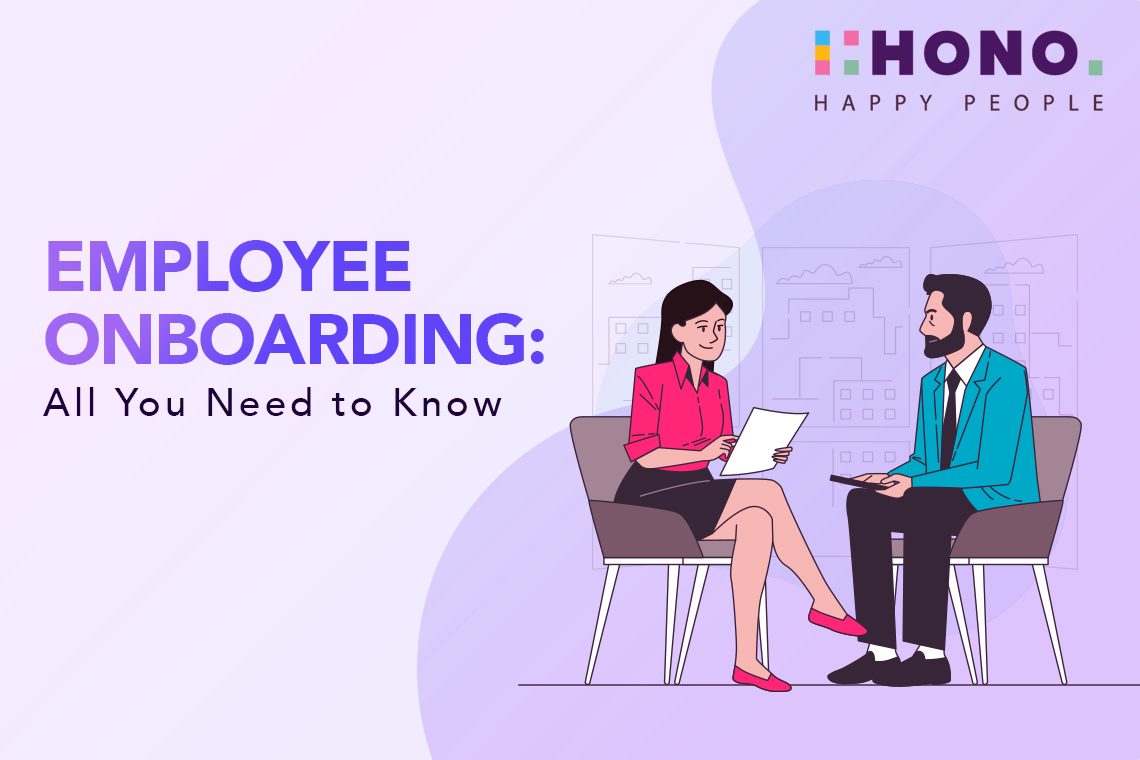
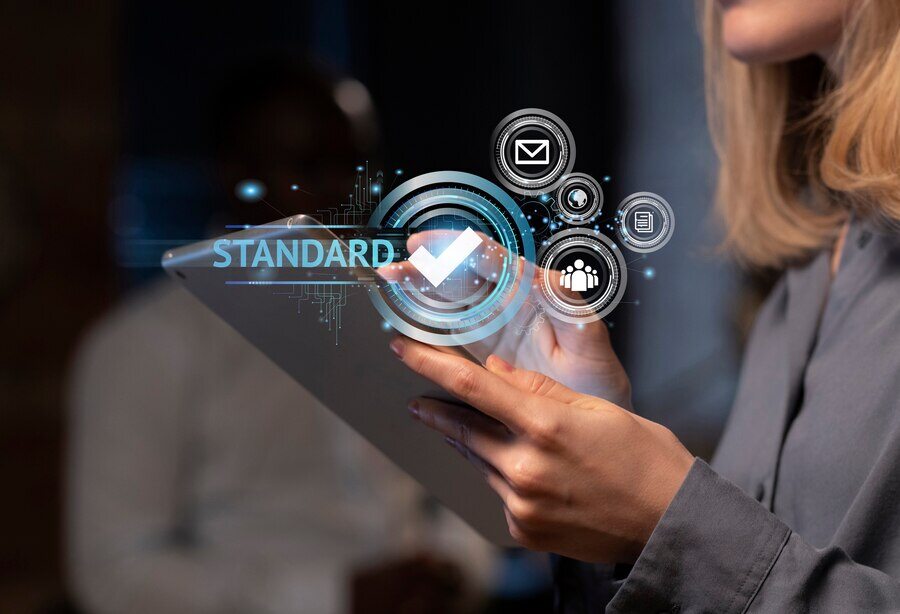
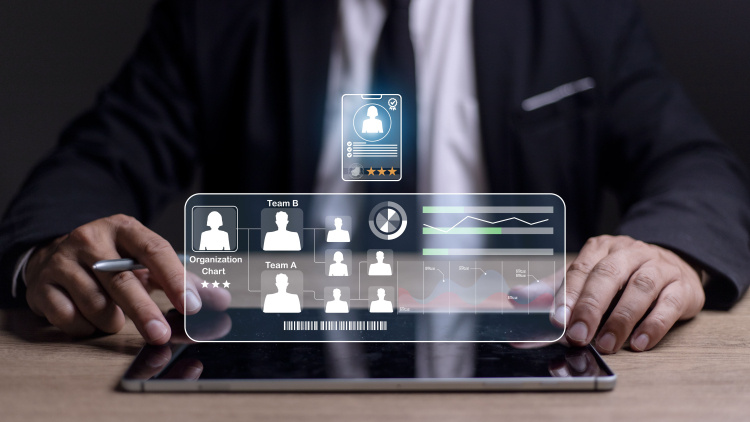
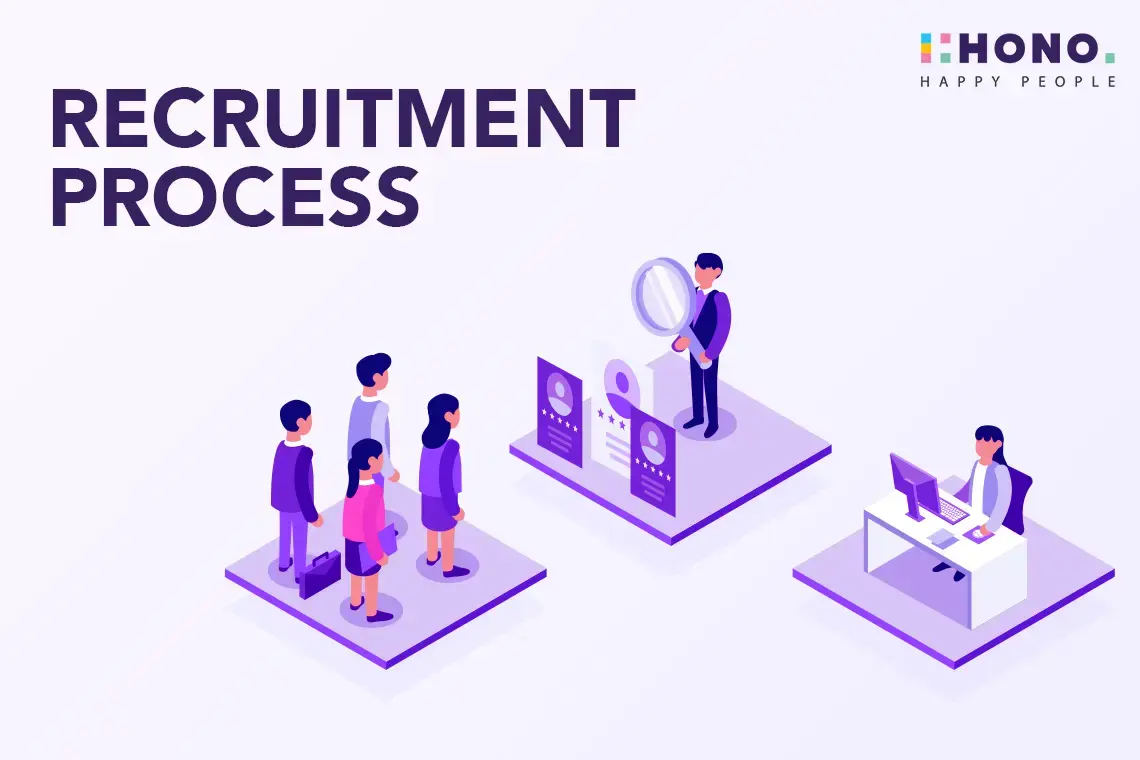
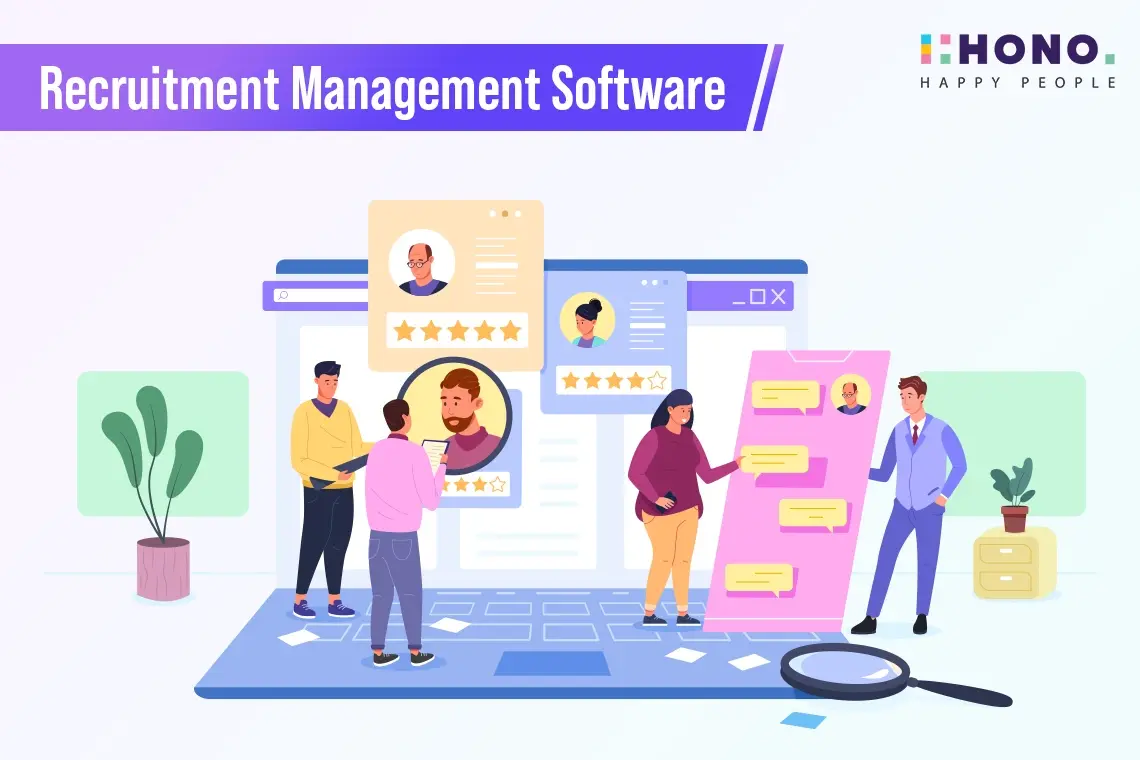
.webp)
.jpg)
-1.webp)